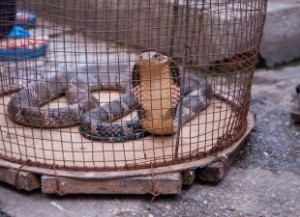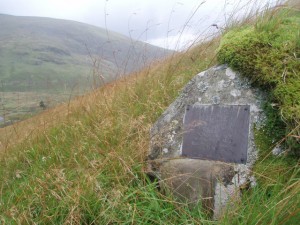The South American country of Colombia is the world’s fastest growing and fifth largest producer of palm oil, which is used for cooking and bio-diesel fuel. At least twenty million hectares of Colombia’s land is ineffectively used for agriculture, and this could accommodate many new oil palm plantations. We need to encourage Colombia’s government to use sustainable farming methods so the environment is not harmed during production.
According to John Garcia-Ulloa’s assessment in Lowering environmental costs of oil-palm expansion in Colombia, “Instead of clearing natural forests, it may be able to convert degraded pastures into palm oil plantations, opening up access to the EU and other markets where consumers are demanding sustainably produced oil for cooking, cosmetics and “green energy.”
Palm oil cultivation is nothing new. It started in the 1970′s to supply the domestic food market and has long been tied to a history of illegal harvesting of coca for the drug trade. Thanks to tax breaks and an increase in demand for bio diesel fuel, the industry expanded in the 2000′s. Despite claims that palm producers have caused internal displacement of Colombian residents, the Center for International Forestry Research believes that palm oil plays less of a role in population displacement than originally thought.
And according to expert Garcia-Ulloa, “Colombia may have an advantage over the Indonesian case when it comes to lowering impacts from the expansion of oil-palm. A vast swathe of Colombia’s agricultural land – as much as 20 million hectares – comprises pastures used for ranching, which are “very inefficient due to the use of rudimental production systems. These areas could accommodate new plantations of oil palm, thus avoiding the expansion on other natural ecosystems such as forests or savannahs.”
Sign my petition to urge Colombia’s government to improve agricultural practices for palm oil production to enable the nation to both stabilize their economy and protect the environment.


